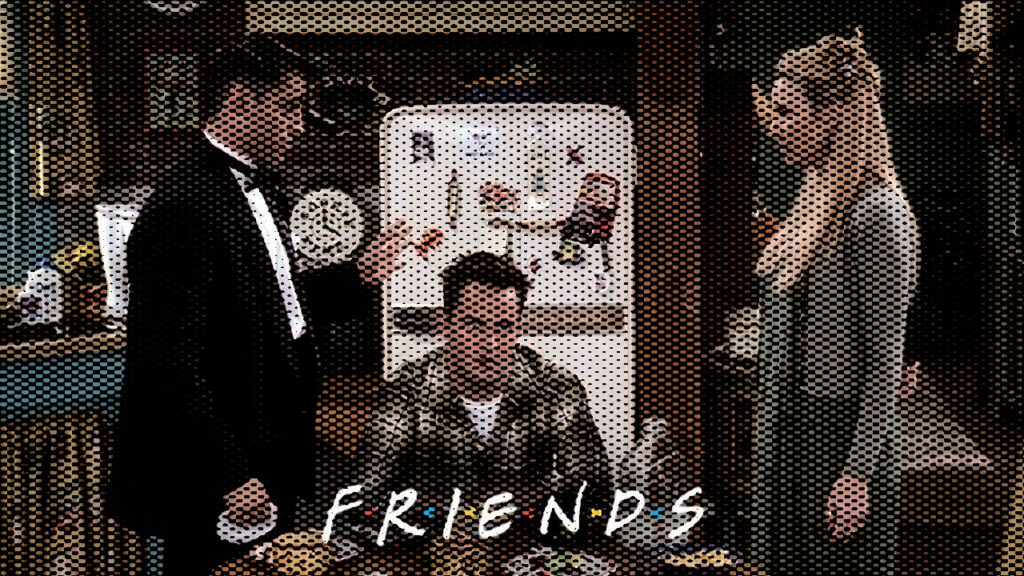There is a famous conversation in one of the Friends episodes about “selfish or selfless good deeds.” Joey (Matt LeBlanc) says: “This telethon thing on TV and my agent got me a job as co-host… a little good deed for PBS plus some TV exposure.” The conversation continues and at some moment Phoebe (Lisa Kudrow) says to Joey: “this isn’t a good deed; you just want to get on TV. This is totally selfish.” Joey asks her about a good deed she did and asks her if that made her feel really good. She agrees, so he continues “it made you feel good so that makes it selfish” and then he asserts: “look there’s no unselfish good deed, sorry.” She answers: “Yes there are totally good deeds that are selfless.” Then he asks her for an example and she is not able to give an example, so he concludes: “that’s because all people are selfish… yeah sorry to burst that bubble Phoebe but selfless good deeds don’t exist.”
There is an interesting confusion in this conversation that Phoebe is not able to figure out. When we say that someone is selfish, we mean that that person cares only about himself and not about other people. When we say that someone is selfless, we mean that that person cares about other people but it does not mean that that person does not care about himself. Feeling satisfaction when we care about others does not make us, or our actions, selfish. In fact, Jesus says: Love your neighbor as yourself (Mk 12:31). Jesus did not say “love your neighbor and hate yourself.” Loving ourselves does not necessarily mean selfishness.
What makes an action selfish or selfless is the order of love: for example, there is a disorder when we do not care about others and that disorder will makes my actions selfish. Charity has an order and when we love according to that order, we love in an ordered way, or a selfless way. When we break that order our love is disordered and we can fall into selfishness. For example, if Joey loves to be on TV and does the good deed in order to be on TV as Phoebe accused him, then he is doing that out of selfishness, since being on TV does not have more value than doing a good deed or a work of charity. He is putting being on TV first and doing the good deed second.
If we fight in an ordered way for Truth, Justice or other values we should feel satisfaction since we naturally love Truth, Justice, etc. This means that that satisfaction is not selfish but is rather a natural inclination or an ordered natural love.
The intention of our actions, more than the action in itself is what makes our action selfish or selfless. We see this in the poor widow of the Gospel who put into the temple treasury all she had to live on (cf. Lk 21:1). There were rich people who were giving more than her. If we just look at the actions, the rich people seem more selfless since they gave more, however, she was selfless since her intention was to give all she had.
Selfishness has as its center a disordered love of ourselves. When we do whatever is necessary to accomplish our own will, to follow our whims, etc. we are selfish. The selfish person is someone who is enclosed in himself and is always putting himself in the first place, looking at his desires, wishes, impulses, etc. This is why the selfish person does not care about the consequences of his actions, because his focus is on himself.
When Jesus speaks about denying ourselves (cf. Mt 16:24), He is talking about this disordered tendency: to put myself in the first place and subordinate everything and everyone, even God, after myself. It is not a problem to feel good about my action, but rather the problem is the order of the love that moves my action.





